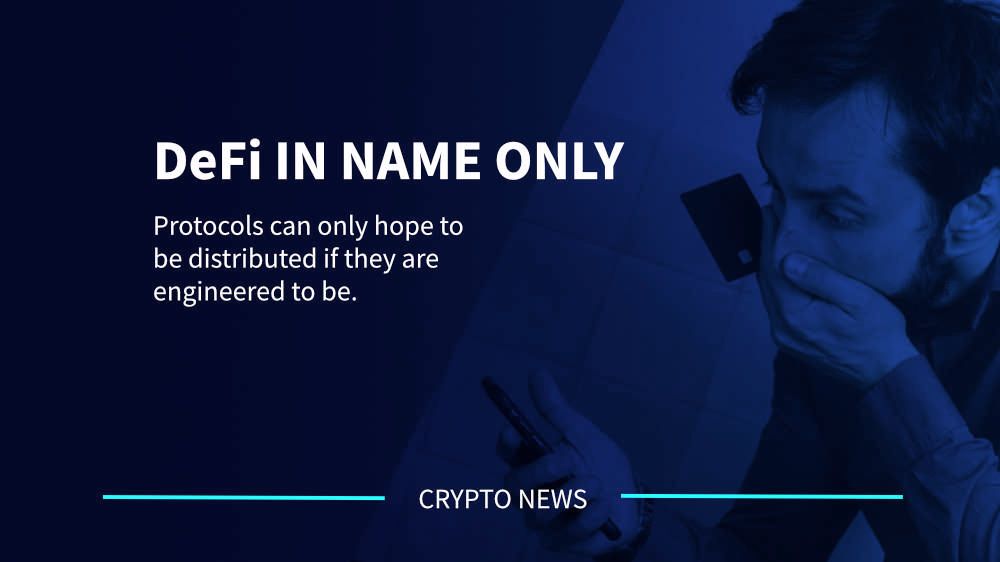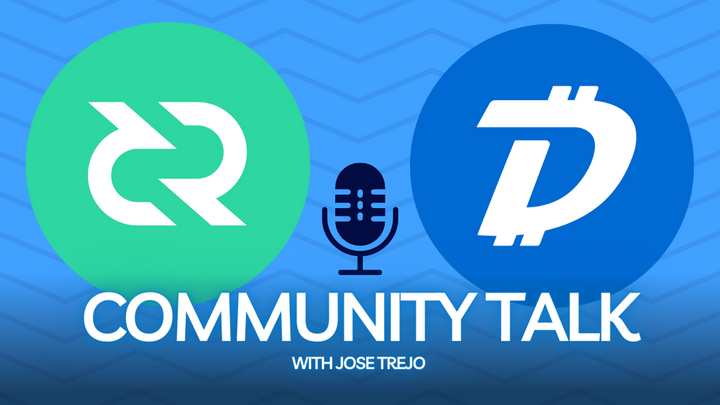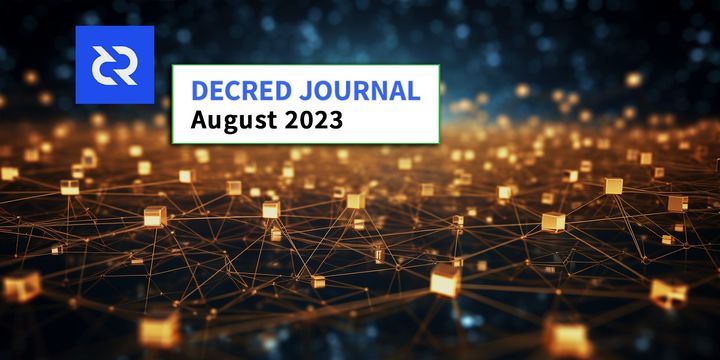The use of decentralized technologies in finance has become increasingly popular in recent years, as many people are looking for alternatives to traditional centralized systems.
The general crypto messaging and narratives at the beginning of 2023 are focused on privacy, censorship resistance and non-custodial solutions, of which Decred is perfectly placed. A large majority of projects are paying lip service to these themes, whilst pushing products and services that reflect the ethos in name only.
By its very nature, services that fully embrace these principles are unpopular with the main stream media and venture capital communities. The audience we are looking to embrace are those that have a genuine need for our technology.
Decred’s PR outreach and updates for January include pitching two commentary opportunities; four media opportunities; and securing the following media placements.
Web3 privacy on the blockchain with Decred
@jy-p was interviewed on CryptoSlate's SlateCast podcast, talking about Decred's approach to censorship and privacy, the project treasury and hybrid consensus model.
Extract from the article:
The use of decentralized technologies in finance has become increasingly popular in recent years, as many people are looking for alternatives to traditional centralized systems. One project that is working to create a decentralized financial system is Decred, which is a peer-to-peer cryptocurrency that uses a combination of proof of work and proof of stake to secure its network.
In episode 49 of SlateCast, Jake Yocom-Piatt, the project lead for Decred, discussed how the project is working to create a decentralized financial system that is resistant to censorship and regulation. One of the key features of Decred is its use of a decentralized message board, which allows users to subscribe to certain denominations of the currency and run a coin shuffle++ process. This ensures that even if a government agency is tracking network connections, it will not be able to track which outputs are controlled by which peers are in the mix.
Another interesting aspect of Decred is its approach to censorship. Yocom-Piatt stated that the project is working towards a peer-to-peer mesh, which would replace the centralized server with a P2P mesh. This would make it much more difficult for anyone to enforce regulations, as there would be no single point of control. He also mentioned that the community that validates the process could agree to stop certain actions, such as transactions with known terrorist organizations, through a democratic process.
DeFi Needs To Be Decentralized Beyond Name
An article in Decred Magazine featuring commentary from @jz on how DeFi needs to be decentralized beyond name only.

Extract from the article:
"More often than not DeFi is decentralized in name only, your protocol can only hope to be distributed if you have engineered it properly, aligned incentives in a compelling manner, and your community is engaged, with low time preference. Furthermore, the initial distribution of your voting rights can cement centralization from square one. You also can't write code that prevents apathy or laziness. If your protocol respects and protects user privacy there should be no way to know who in particular is voting or how much sway they have, so the fact that you can even quantify which players possess the greatest amount of control sheds light on an even greater problem than the perceived threat of centralization.”
Zeppettini suggested that more investors need to be involved in DeFi projects. He lamented that most people who buy governance tokens and then leave them on centralized exchanges don't care about whatever the tokens are governing, they care about asset appreciation primarily and perhaps about capturing any passive yield the tokens might provide with as little friction as possible.







Comments ()